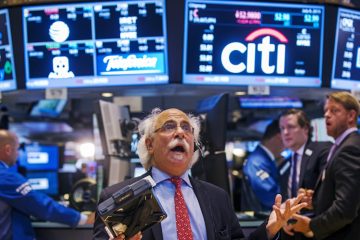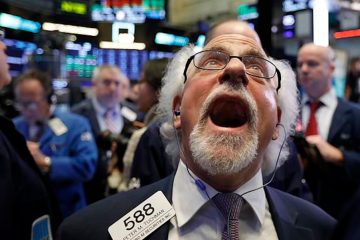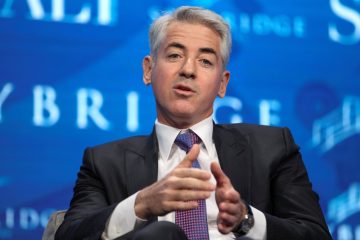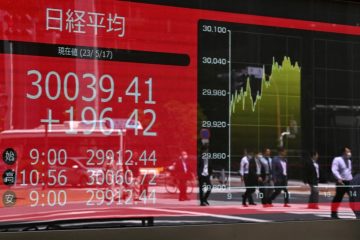Markets respond positively to Trump’s economic policies
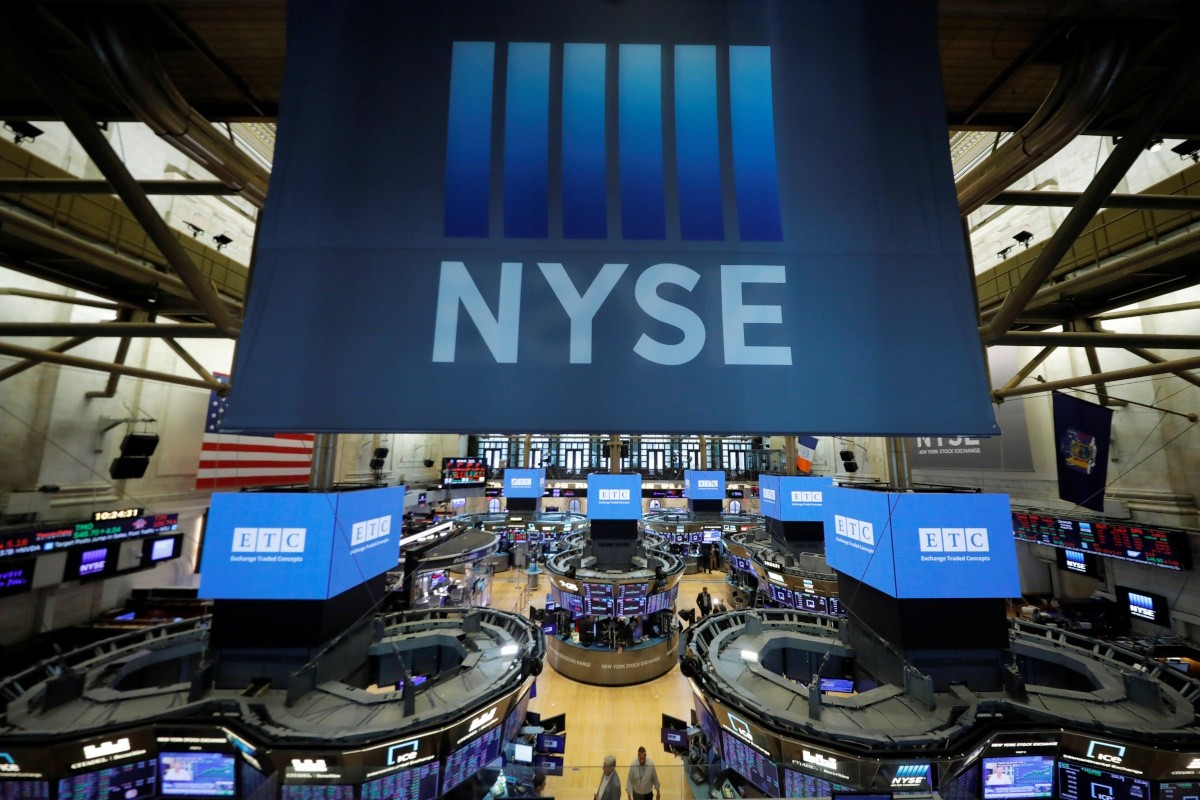
Two weeks ago, a group of twenty-three Nobel laureates in economics issued a stark warning regarding the potential repercussions of Donald Trump’s economic agenda, predicting it would lead to detrimental outcomes for the United States. In the wake of Mr. Trump’s decisive electoral triumph, financial markets promptly signaled their strong dissent. One can only wish that the Nobel laureates have refrained from altering their retirement portfolios; otherwise, their 401(k)s might be enduring declines akin to those of their reputations.
Asset prices exhibit volatility, while sustained economic performance serves as the definitive benchmark. Recent days have clearly demonstrated the markets’ unequivocal acceptance of the Trump 2.0 economic vision. Market indicators suggest an anticipation of robust growth, diminished volatility and inflation, alongside a rejuvenated economy benefiting all Americans.
The election of Mr. Trump precipitated the most significant one-day surge in the U.S. dollar in over two years, marking the third largest increase in the past decade. This reflects a strong endorsement of U.S. leadership on the global stage and reinforces the dollar’s status as the preeminent reserve currency worldwide. The Russell 2000, which tracks small-capitalization stocks, experienced its most significant increase in two years, driven by investor optimism that the Trump administration’s economic policies will favor smaller enterprises more than their larger counterparts. A fund traded on exchanges that mirrors the Russell 2000 index experienced its most significant single-day inflow in 17 years.
The surge in equities was notably atypical, especially in light of the concurrent rise in interest rates. The interplay of a steepening yield curve, stable inflation expectations, and rising stock prices suggests that markets anticipate the Trump administration’s policies will promote noninflationary growth conducive to private investment. Despite the anticipated pro-growth agenda and the resulting surge in energy demand, oil prices experienced a decline. Energy stocks experienced a notable rally concurrently, indicating heightened expectations for increased energy production and a degree of geopolitical stability.
Despite market optimism regarding a revitalized American economy, the Biden administration’s missteps have engendered significant obstacles that Mr. Trump must navigate. The federal deficit, which reached 7% of gross domestic product last year, has been a significant factor in sustaining economic growth. Mr. Trump possesses a clear mandate to reinvigorate the U.S. economy via deregulation and tax reform, aiming to catalyze the supply-side growth achieved during his initial term. Restoring the American growth engine will be crucial, as will mitigating inflationary pressures and tackling the debt accumulated from four years of imprudent expenditure.
The U.S. economy is grappling with the repercussions of the Biden administration’s manipulation of capital distribution. The competitiveness of the United States has been undermined by counterproductive energy policies and the diversion of investment into an impractical energy transition and semiconductor manufacturing facilities that are constrained by government regulations, making them financially unviable. Mr. Trump is poised to usher in a revival of American energy investment while advocating for trade that is both free and equitable, thereby bolstering the long-term competitiveness of the United States.
The allocation of capital by the private sector, as opposed to government intervention, is essential for fostering economic growth. The United States needs to address the Inflation Reduction Act’s skewed incentives that promote unproductive investment, which relies on continuous subsidies over the long term. Revamping the regulatory and supervisory framework will stimulate increased lending and revitalize banks.
Mr. Trump is compelled to confront the issue of government borrowing. The interest expense of the United States surpasses that of its defense budget. Treasury Secretary Janet Yellen has altered the dynamics of Treasury markets by accruing over $1 trillion in higher-cost shorter-term debt, diverging from historical standards. Transitioning that debt towards a more conventional borrowing structure could elevate long-term interest rates and requires careful management. Restoring investors’ confidence in the economy and maintaining the dollar’s preeminent position globally are essential for reestablishing a prudent borrowing strategy without destabilizing financial markets.
The shortcomings of Bidenomics are evident. However, Mr. Trump has previously revitalized the economy, and he appears poised to undertake a similar endeavor once more. While twenty-three Nobel laureates may find this perplexing, the financial markets have unequivocally conveyed their message.






